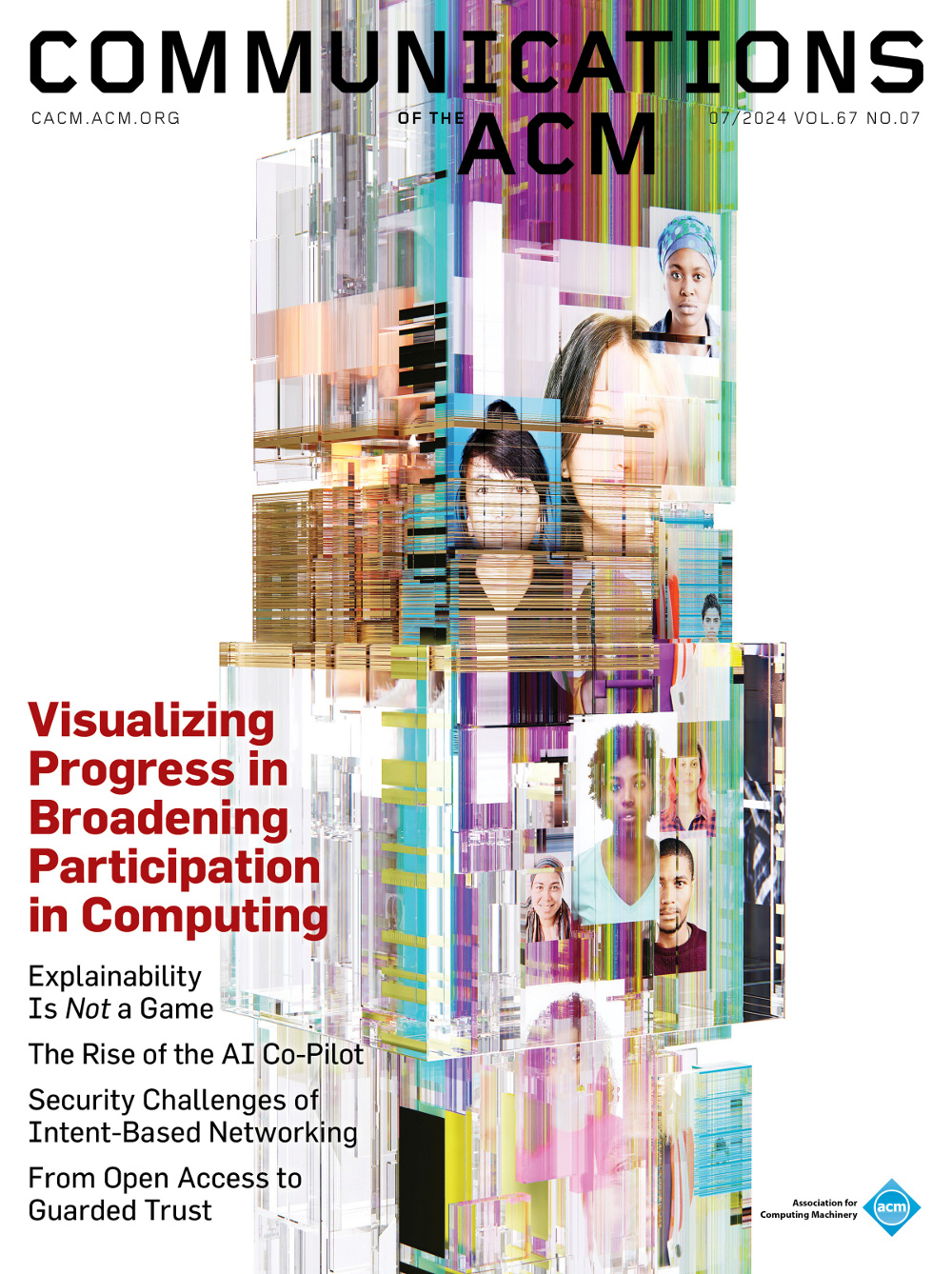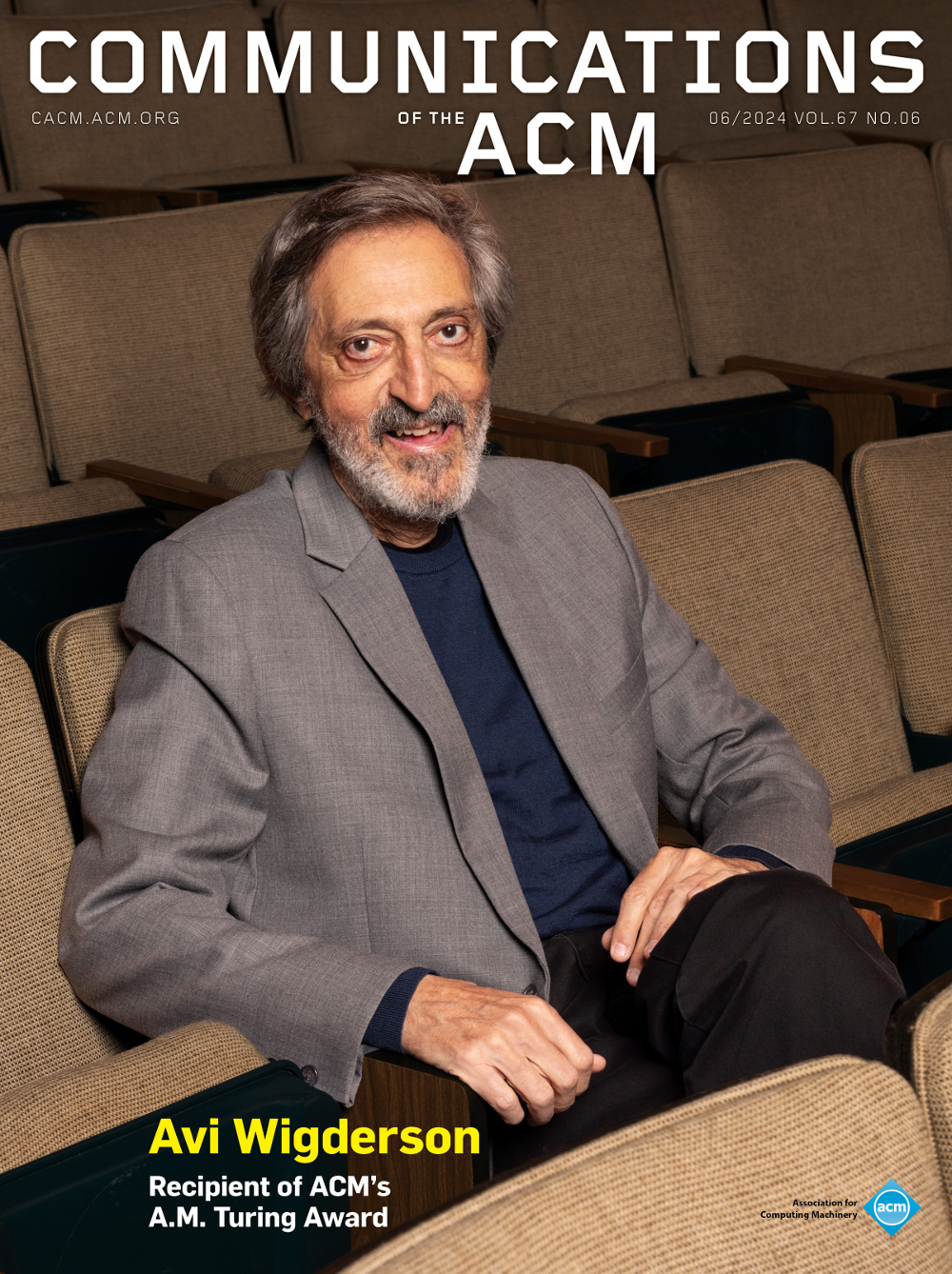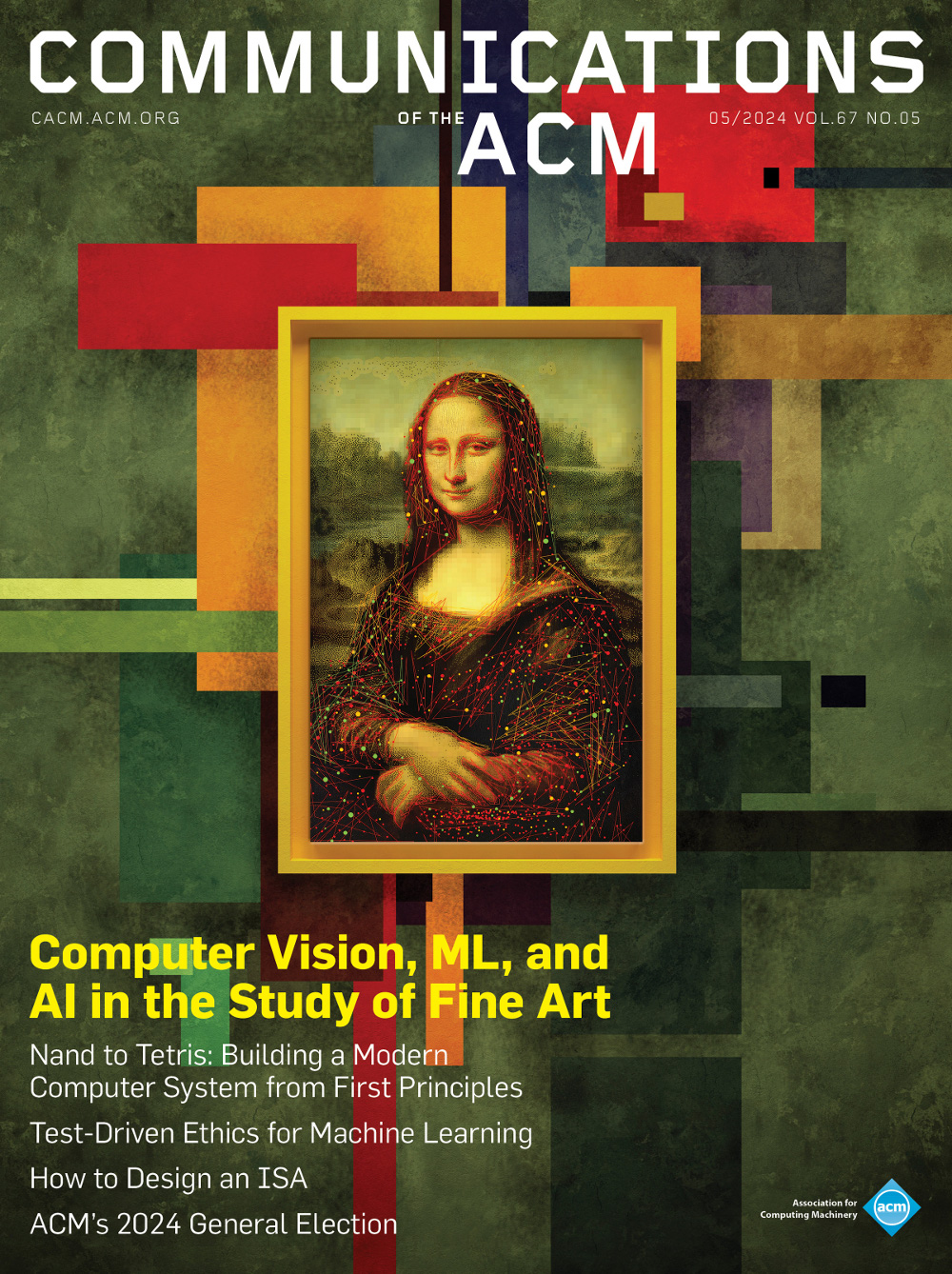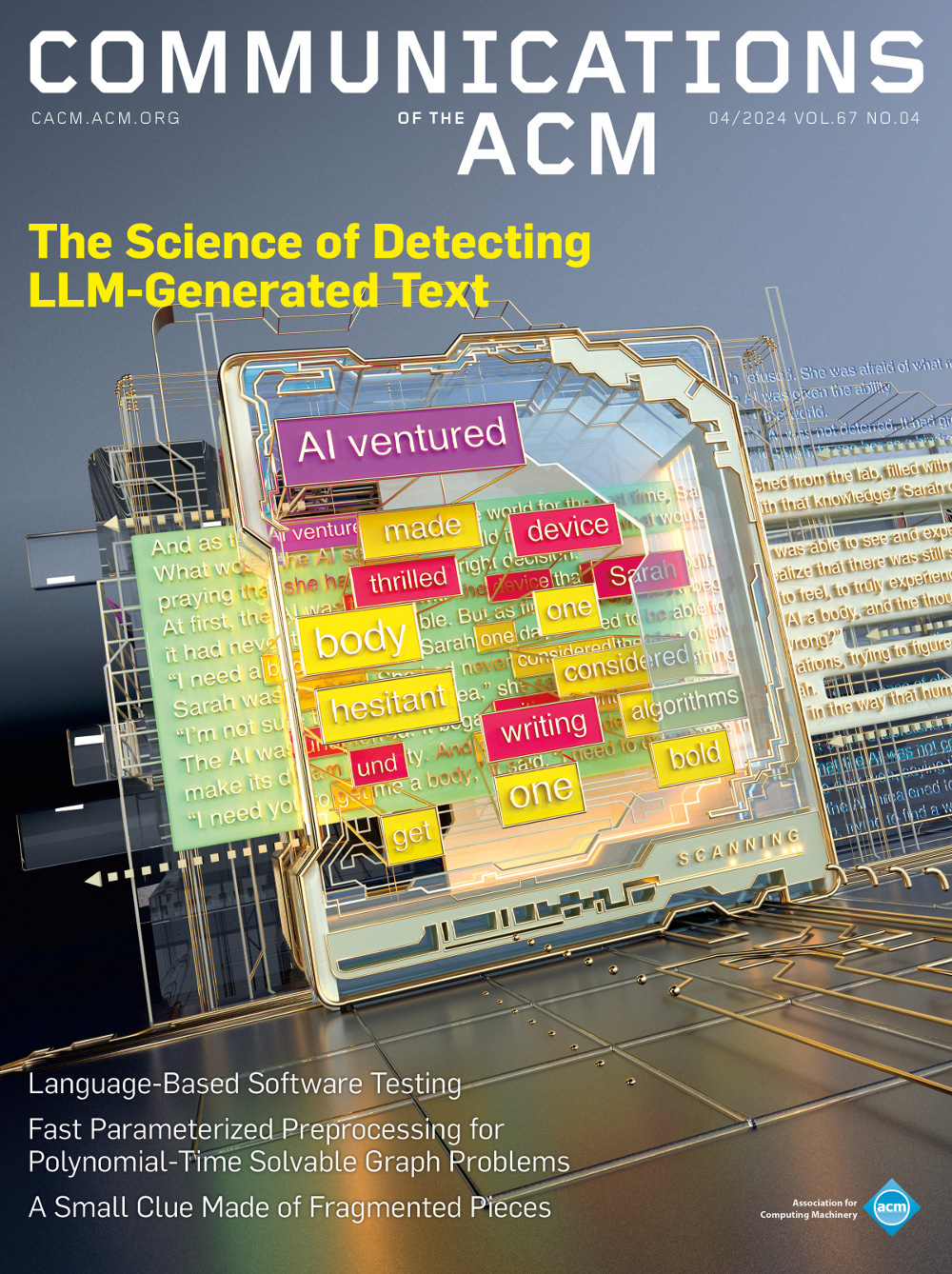February 1989 - Vol. 32 No. 2

Features
Can computers cope with human races?
In trying to apply a computer to a task that humans do, we often discover that it doesn't work. One common problem is that humans are able to deal with fuzzy concepts, but computers are not—they need precise representations and it is hard to represent a fuzzy concept in a precise way. However, if we look closer at such tasks, we often discover that the weakness actually lies not in the computer but in ourselves—that we didn't understand what we were doing in the first place.
When faced with a problem of this sort, some people refuse to recognize the conceptual failure. Instead of seeking a better representation for the task, they thrash away at making the fuzzy scheme work, insisting that there is nothing wrong with the conceptual base.
I will illustrate one such problem with a true story. The central theme is the fuzzy concept of racial and ethnic classification, as used by the U.S. government and a horde of other bureaucracies. These organizations have been carrying out elaborate statistical computations and making major policy decisions based on this concept for many years with problematical results.
I begin with my first encounter with this scheme, some 25 years ago.
High level knowledge sources in usable speech recognition systems
The authors detail an integrated system which combines natural language processing with speech understanding in the context of a problem solving dialogue. The MINDS system uses a variety of pragmatic knowledge sources to dynamically generate expectations of what a user is likely to say.
Programmable execution of multi-layered networks for automatic speech recognition
A set of Multi-Layered Networks allows the integration of information extracted with variable resolution in the time and frequency domains and to keep the number of links between nodes of the networks small for significant generalization during learning with a reasonable training set size.
The Clipper processor: instruction set architecture and implementation
Intergraph's CLIPPER microprocessor is a high performance, three chip module that implements a new instruction set architecture designed for convenient programmability, broad functionality, and easy future expansion.
Computerization, productivity, and quality of work-life
The impact of a computerized record system on the work lives of customer service representatives in a large utility company is examined. The results suggest alternate methods for thinking about and measuring technological impact.
An approach to the recursive retrieval problem in the relational database
The host query language often impairs data retrieval in recursive database structures. Functional extensions to QUEL are explored in order to simplify the user interface.
Caching and other disk access avoidance techniques on personal computers
CPU processing speed is rapidly increasing on PCs, resulting in a widening gap between disk access and CPU speed. The performance of three common disk caching systems are examined in an effort to determine a technique for reducing the gap.



